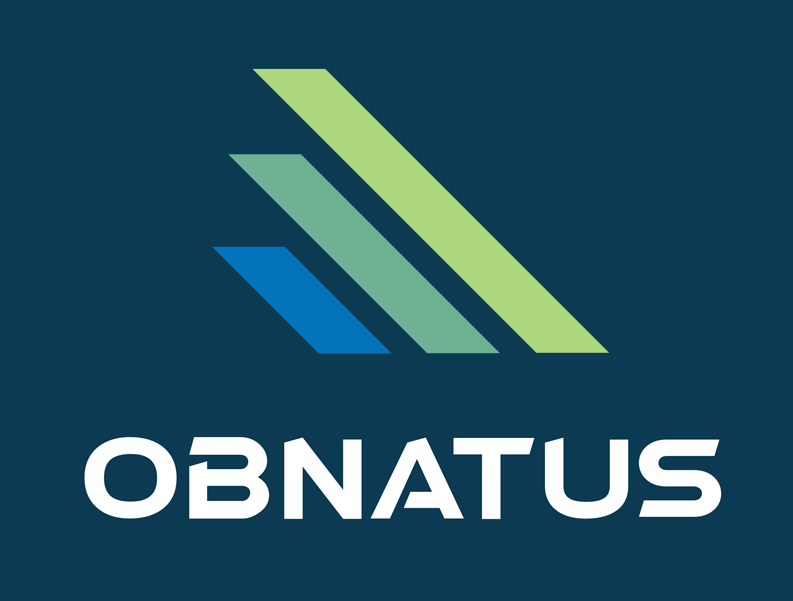Neuro-Linguistic Programming (NLP) is a powerful tool that has been widely adopted in the coaching industry to facilitate personal and professional development. Developed in the 1970s by Richard Bandler and John Grinder, NLP focuses on the connection between neurological processes, language, and behavioural patterns learned through experience. Here’s how NLP can be used in coaching and an assessment of its effectiveness.
How to Use NLP in Coaching
- Setting Well-Formed Outcomes:
- Goal Clarity: NLP emphasises the importance of setting clear, well-formed goals. Coaches can use techniques like the “Outcome Specification” process to help clients define their aspirations with precision, incorporating sensory details and aligning them with their values.
- Motivation: By clarifying goals and visualising success, clients can increase their motivation and commitment to achieving their objectives.
- Overcoming Limiting Beliefs:
- Reframing: Coaches can use NLP techniques to help clients reframe their perspectives and challenge limiting beliefs. This involves changing the context or meaning of an experience to alter its impact.
- Anchoring: This technique involves associating a specific physical or mental state with a particular stimulus, helping clients access empowering states when needed.
- Behavioural Change:
- Sub-modalities: NLP techniques can help clients change unwanted habits and behaviours by altering the sensory qualities of their internal representations.
- Timeline Interventions: These techniques allow clients to rewire their thought patterns and associations, breaking free from old habits and replacing them with more desirable ones.
- Enhancing Self-Confidence:
- Modelling: Coaches can help clients build self-confidence by modelling the behaviours and strategies of successful individuals.
- Positive States: Techniques like anchoring positive states and utilising empowering language patterns can boost self-belief and motivation.
- Effective Communication and Rapport Building:
- Active Listening: NLP emphasises the power of effective communication and rapport in personal and professional relationships. Coaches can teach clients the art of active listening, non-verbal communication, and mirroring to build rapport and connect deeply with others.
- Conflict Resolution: Improved communication skills enable clients to express themselves authentically, resolve conflicts, and foster harmonious connections.
- Managing Emotional States:
- Emotional Regulation: NLP provides tools for managing and influencing emotional states. Techniques such as anchoring, timeline interventions, and reframing can help clients regulate their emotions and cultivate more resourceful states that support personal growth and well-being.
Effectiveness of NLP in Coaching
The effectiveness of NLP in coaching can be assessed through several dimensions:
- Rapid Change:
- NLP is known for its ability to bring about rapid change. Techniques like anchoring and reframing can produce immediate shifts in perception and behavior, making it a valuable tool for coaches aiming to facilitate quick results.
- Empowerment:
- By focusing on strengths and resources, NLP empowers clients to take control of their lives and make positive changes. This empowerment can lead to increased self-efficacy and confidence.
- Versatility:
- NLP offers a wide range of techniques that can be adapted to various coaching contexts, from personal development to professional growth. This versatility makes it a useful addition to a coach’s toolkit.
- Client-Centered Approach:
- NLP’s emphasis on understanding and working with the client’s subjective experience aligns well with the client-centred approach of coaching. This alignment enhances the coach-client relationship and facilitates deeper, more meaningful change.
Conclusion
Neuro-Linguistic Programming offers a powerful set of tools and techniques that can significantly enhance the coaching process. By helping clients set clear goals, overcome limiting beliefs, change unwanted behaviours, and improve communication skills, NLP can facilitate rapid and meaningful personal and professional growth. However, it is essential for coaches to use NLP ethically and be aware of its limitations, integrating it with other evidence-based practices to provide the most effective support for their clients.





